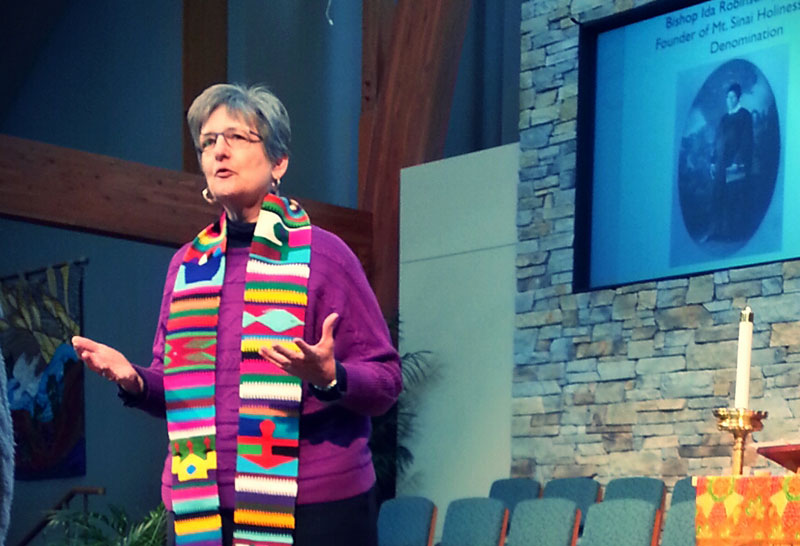
Pastoral Care in the Classroom and Beyond
In the rhythm of the academic year, this is the first week after the end of the fall term. The last few days of a semester are always filled with students, staff and faculty scrambling to tie up loose ends and meet all the deadlines.
Although I spend most of my time serving as Vice President of Academic Affairs and Academic Dean, I continue to teach the required course in pastoral care. Much of teaching pastoral care involves engaging case studies of real life situations, either through discussion or role-plays.
This semester the class encountered a dying man, a struggling family, a victim of assault, a combat veteran, and many more. As students imagined themselves caring for these people they began to see the complexity of human beings and realized that pastoral care is not about learning a series of techniques. Pastoral care is a disposition, an art, a way of thinking and being.
There is rarely, if ever, one right way to attend to people who are suffering. Healing and transformational care involves a relationship between human beings who each brings with them their own unique person and life-history. When done well, both caregiver and care receiver are changed in the process. Throughout the semester, more than whether or not they do the “right” thing, I am interested in how students engage in the process, how deeply they can reflect on the complexity of the situation, how able they are to open themselves up beyond their preconceived notions and engage in compassionate practice.
I currently have an electronic stack of final papers to grade over the holidays. While I do not enjoy putting a grade on each paper, I do look forward to reading them. Students were given a choice of two case situations, one about a single man living with loss while parenting a teenage son and another about a family living with domestic violence.
Students were asked to write about how they would approach the situation and provide care. They begin with placing the whole situation in the context of the church’s ministry and God’s love. Students will articulate where they see God’s presence and activity in the situation, including signs of sin and hope. They will discuss possible interpretations of what is happening within and between persons and consider the impact of sociocultural realities. Then, given all these reflections, students will propose a way forward toward healing.
As I read the papers I will have the joy of seeing the commitment and passion my students bring to their seminary education and to ministry. I will seek to make my grading an act of care.
Dr. Jeanne Hoeft, Vice President of Academic Affairs and Dean, Associate Professor of Pastoral Theology and Pastoral Care, and Franklin and Louise Cole Associate Professor in Town and Country Ministries
